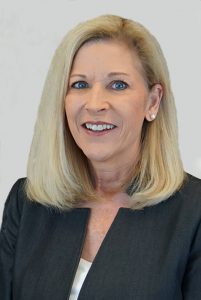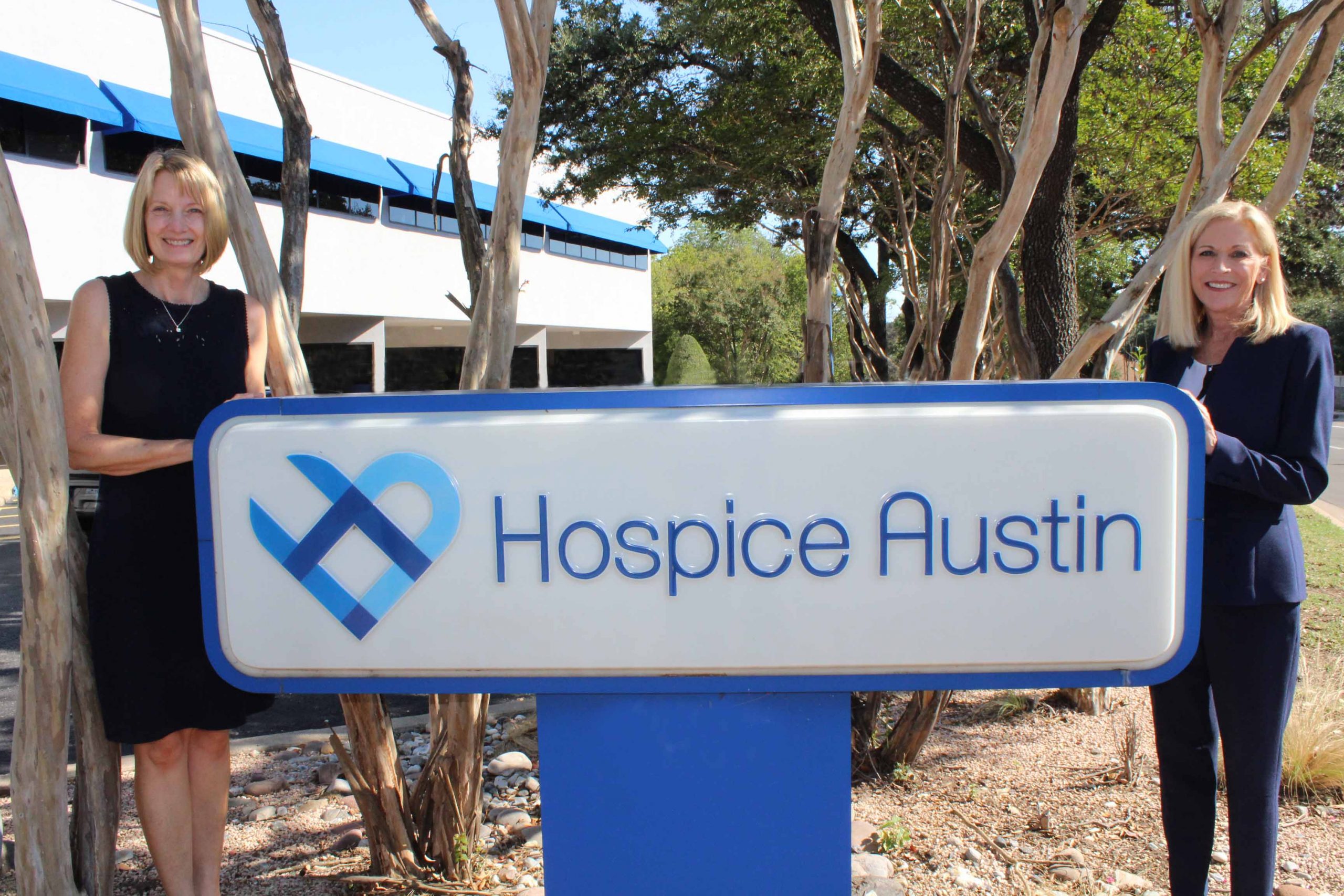Marjorie Mulanax, executive director of Hospice Austin since 1994, will be retiring on Oct. 29th. During the past 27 years, she has guided the nonprofit agency’s growth from serving 300 patients a year to serving 2,500 patients a year. Hospice Austin today is one of the largest nonprofit hospices in Texas. Under Marjorie’s leadership, Hospice Austin purchased and transformed Christopher House, a small AIDS hospital, into the region’s first and only community inpatient hospice facility. She was instrumental in creating Austin Palliative Care, a community-based palliative care program that provides palliative care to underserved patients in four counties who are not ready for hospice care. She has continually spearheaded innovative programs to help educate both the public and the medical community about end-of-life issues. These include Hospice Austin’s GIFT Project (Giving Instructions for Tomorrow), which has educated more than 5000 members of the public and medical community about advance care planning. Hospice Austin has also partnered with Dell Medical School to establish an accredited Hospice & Palliative Medicine Fellowship program, with Hospice Austin providing the hospice inpatient, outpatient, and residential palliative care experiences. Under Marjorie’s tenure, Hospice Austin’s bereavement program has grown into one of the most comprehensive in Texas.

Marjorie Mulanax
Marjorie has managed Hospice Austin’s growth – amid an exploding for-profit hospice industry – through an unyielding commitment to quality and adherence to its mission. She has been committed to serving all who need hospice services, regardless of that person’s diagnosis or ability to pay. Hospice Austin, unlike most other hospices, has never capped the amount of care provided to unfunded patients. Hospice Austin annually provides more than $1 million in care to uninsured or under-insured patients.
“Marjorie’s vision, integrity, and leadership have made Hospice Austin one of the most well-respected hospices in Texas and, indeed, the nation,” said Hospice Austin Board Chair Robert Howell. “Her shoes will be hard to fill, so we are delighted we were able to find someone of DeSha McLeod’s caliber and experience.”
After a nationwide search, the board has hired C. DeSha McLeod as Hospice Austin’s new executive director. DeSha has spent the majority of her career in health care. Before joining Hospice Austin in October 2021, DeSha was the CEO of the Community Hospice of Modesto in California, where she worked for 8 years. While there, she managed the nonprofit’s $36 million budget, 16-bed inpatient unit, and staff of 296; developed a palliative care program, expanded its pediatric care programs, oversaw all fundraising activities through the Community Hospice Foundation; was responsible for the durable medical equipment division and seven thrift stores; built and fostered partnerships with area school districts and gained funding to support expanded bereavement services for children and teens; and created an independent counseling program for individuals with family, mental health and behavioral issues.
DeSha got interested healthcare while raising her two very young children. She went back to school and received her bachelors within two years; she then joined Camellia Healthcare in Hattiesburg, Mississippi, a regional home health provider, to get healthcare experience while working on her master’s. During her nearly 12 years at the company, DeSha served as an accountant, HIPAA Privacy officer, and eventually Chief Operations Officer. When the owners asked DeSha to start a hospice division for the company, she turned them down.

DeSha McLeod
“I said the only thing I know about hospice is that my grandfather passed away seven months ago with hospice and it was a terrible experience,” she said. DeSha had co-owned businesses and franchises before joining Camellia; she asked the owners if they wouldn’t prefer a nurse to start the hospice division and they said no, they wanted an operations person. They asked her to think about it. She went home and read everything she could about hospice and what it should be.
“I agreed to do it” DeSha recalled, “but only under certain conditions: when a family calls and needs us, we will be there. Also, it has to have a mission and be a service to patients and families.”
DeSha opened a small hospice office, and later opened a branch. By the time she left to join Community Hospice of Modesto, she had expanded the hospice program to 14 offices across Georgia, Mississippi, and Louisiana.
“I thank my grandfather today for the opportunity to get into hospice,” DeSha said. “I love the employees, the patients and families, and the services we provide. I love the industry. I really enjoy nurturing and leading organizations through good change and efficiencies. I have both my compassionate hat on and my business hat on. My obligation is to make sure the staff have the tools and resources they need to do a good job.”
When DeSha joined Community Hospice of Modesto, they had a legacy leader who had been executive director there for 17 years, so she understands the importance of respecting the cultures of the institution she’s joining. She spent part of her time there strengthening the long-term viability of the hospice by creating new revenue streams through diversification and through bringing the staff even closer together by fostering a sense of family. Under her leadership, Community Hospice of Modesto was awarded one of the Best Places to Work for the past four consecutive years.
“Community Hospice of Modesto and Hospice Austin are very similar in terms of our mission, programs, non-profit status and commitment to our community and staff,” said Marjorie. “I am confident that DeSha will lead our organization to even greater heights in the years to come. I truly believe that DeSha is the right person to ensure that Hospice Austin and Austin Palliative Care continue to serve our community with distinction.”





